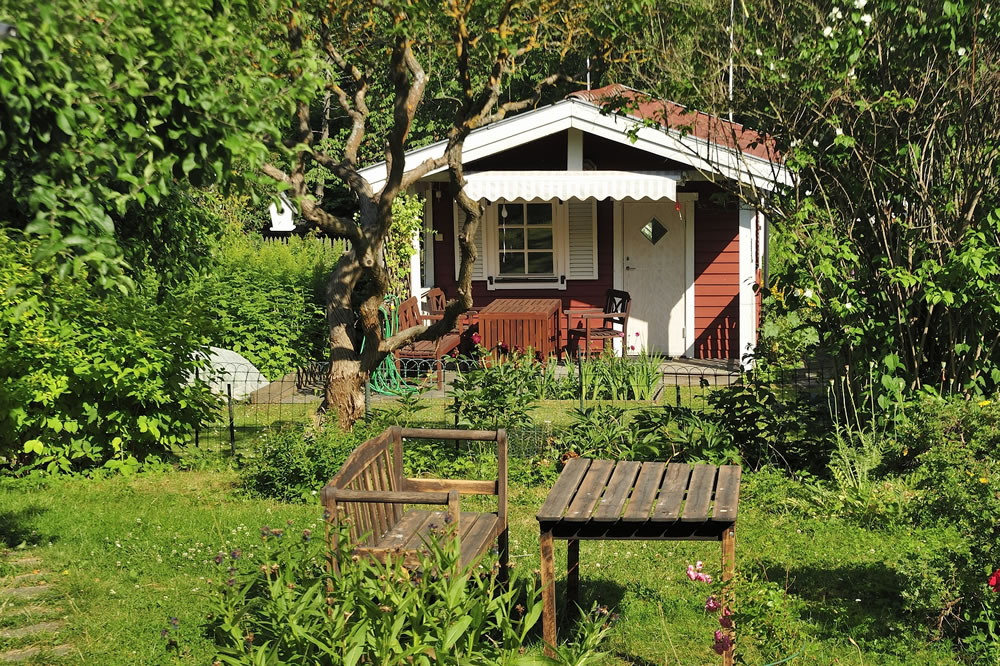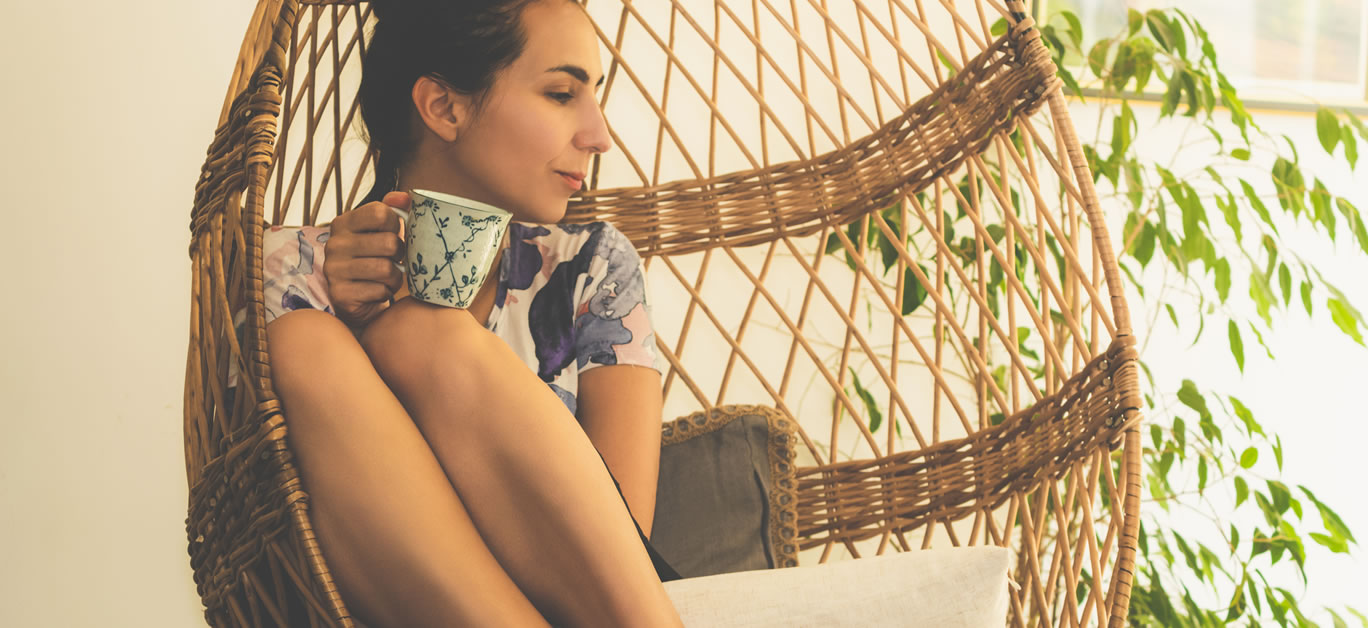Cabin fever is a popular term used to describe the claustrophobic reaction and restless feeling you get from being in an isolated location for too long. The COVID-19 outbreak has had a global impact, with whole nations on lockdown being advised to stay home in order to prevent the spread of the virus. This worldwide pandemic is nothing like we have ever seen before and cabin fever can have a devastating impact to our mental health.
To help you stay positive and stable during this difficult time, the experts at Shakti Himalaya have provided their top seven tips on how to effectively deal with cabin fever during the coronavirus crisis.
1. Introduce more natural light
It comes as no surprise that natural light can have a beneficial effect on both our physical and mental health. Not only does exercise help low mood but going outdoors for a short walk to receive natural light will provide us with vitamin D that is crucial to keep our bones, teeth and muscles healthy. If you are able to, move your workspace to face the window so seasonal depression can be warded off. Ensuring you are seeing the day change from light to dark will also help our body align with is natural circadian rhythm, therefore improving our overall sleep quality too.

2. Establish a routine
This pandemic is not a vacation and it should not be treated like one. It is important to keep doing all the things you would usually do during your former schedule, to the best of your ability. Sometimes the simple things such as getting up at a regular alarm time, showering and getting dressed will help you have some structure and control. Instead of falling into unhealthy snacking habits, make sure you are eating your breakfast, lunch and dinner at the same time too.
3. Create a tech-free zone
As the coronavirus crisis is something we have never experienced before, we are turning to media to remain informed of any updates and how to deal with the situation. However, it can be easy to fall into the trap of using technology too much which can cause feelings of increased anxiety and stress. Therefore, it is important to introduce a technology-free space, or timeframe, in your home. This time or space can be used to read, bake, exercise or spend some quality time with loved ones. Not only will this help monitor your stress levels, but it will instil a sense of calm in your home once again.

4. Stay in touch with others
If you are an extravert, this crisis can be particularly hard for you as you are unable to see your friends. However, this does not mean you cannot stay in touch. Now is the time to get creative with how you are choosing to stay in contact with your loved ones. Whether this be video chatting or downloading Netflix hangout to watch your favourite shows together, reaching out and connecting virtually will help to manage boredom and remind yourself that you are not alone in this.
5. But find time to focus on yourself too
If you are isolating with your family or your partner, sometimes they might be experiencing cabin fever too and it can be easy to fall into their rut with them. It is important to strike a balance between spending time with your loved ones, and also having your own personal space to do the things you like as an individual. Try spending time apart in separate places in the house and then coming together in the evenings for some socialisation and a change of scenery.

6. Get moving in the space that you have
Exercise produces endorphins, which are essentially natural painkillers for the brain. As well as reducing the body’s stress hormones, physical activity will ensure you are keeping healthy and active during this period of self-isolation. Even the smallest garden space can provide a fantastic area for you to relax in. If you are struggling where to start, watch a YouTube video or join a influencers Instagram live session so it feels like you are working out with someone else.
7. Turn your space into a haven
Cabin fever can also arise if you feel uncomfortable in your environment. What once was a space to only eat and sleep in is now a space you have to spend 24 hours in, and this can feel overwhelming. If you do not feel happy in your home, try turning your space into your personal haven. Add scents such as lavender and eucalyptus, or plants to add a sense of tranquillity to your room. Opting for soft lighting in the form of fairy lights, candles or lamps will also help reduce the harsh impact of main, overhead lights and create a gentler ambience.






















